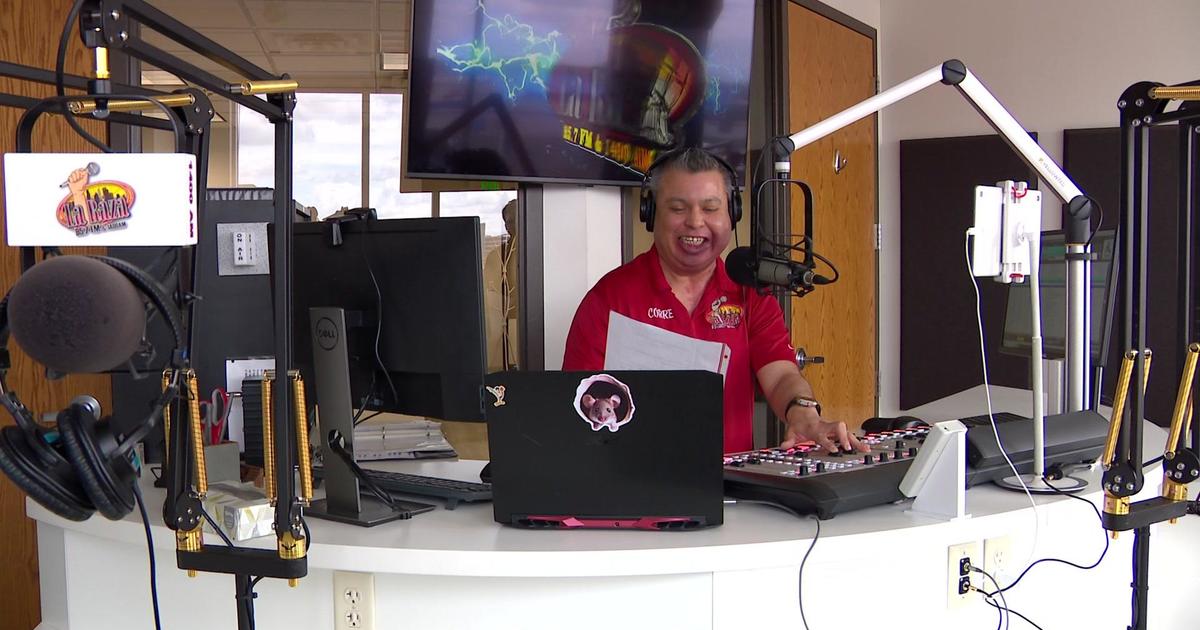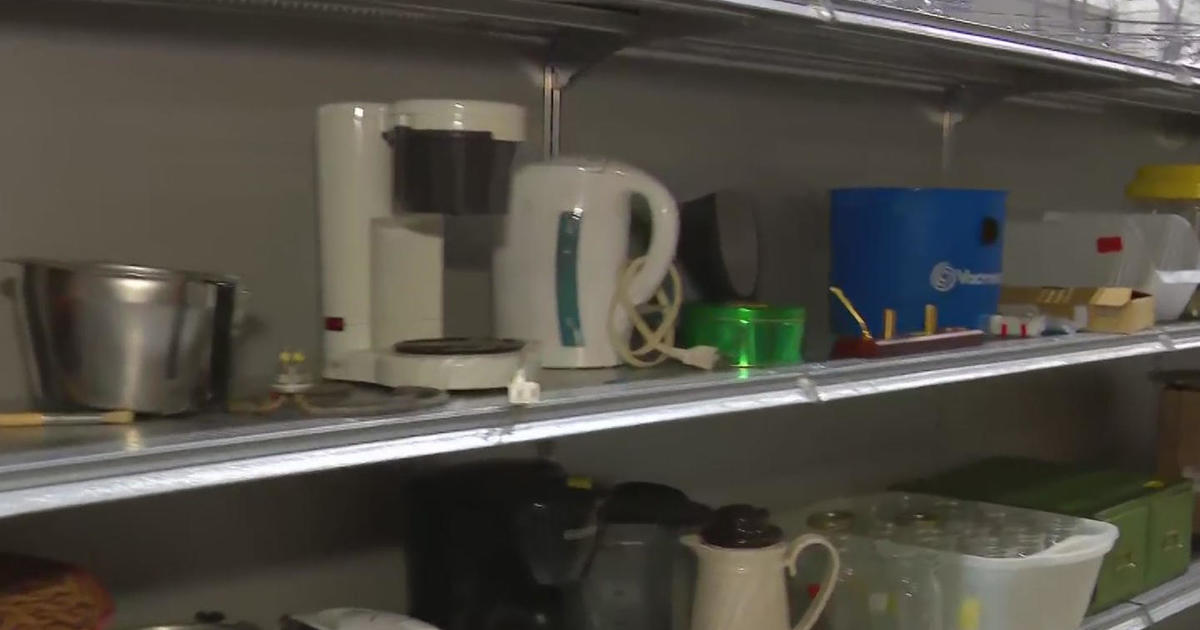How the Fed's raising of interest rates will affect the economy, consumers
MINNEAPOLIS--The United States economy is both an ocean and an ecosystem with money flowing in all directions. In good times, growth and prosperity can seem like high tide. Debt and unemployment can be like low tide.
At the top of the economic food chain is the U.S. Federal Reserve, the central bank of the United States.
The Fed, as it's called, lends money to big banks and local banks, which loan money to help businesses expand and people buy homes, cars and anything else they might put on a credit card.
Money, though, costs money. And paying interest on those loans is how America's economic ecosystem sustains itself.
How much it costs to borrow money depends on greater forces.
Abigail Wozniak, a senior economist at the Minneapolis Federal Reserve, says the decision to raise interest rates is a balancing act.
"Balancing and tradeoffs are something we talk about all the time here," she said.
In March 2020, after the outbreak of COVID-19, the U.S. government had to weigh saving lives and protecting economic livelihoods. At first, it was impossible to do both. The stock market tanked, and unemployment soared to 20%.
Wozniak says you can see this painful moment clearly on graphs.
"There's graphs upon graphs I can show you that involve big swings. When we plot the data and put the pandemic on the end, it makes the Great Recession look small because the changes were so large and dramatic," she said.
To help stop the bleeding, President Donald Trump signed into law relief packages that included direct checks to American households and payroll support to small businesses. President Joe Biden continued that plan with a fiscal policy that adds up to $1.9 trillion.
The Fed also chipped in by tweaking its monetary policy to allow for more emergency lines of credit for banks. It also lowered its benchmark rate, called the Federal Funds Rate.
So how does the Fed know if it's doing too much too quickly?
"I think the easiest answer to that is we watch a lot of data, and so there are a lot of us paying attention to the indicators coming in, trying to understand in real-time where the economy is at and where's going in several months and several years," Wozniak said.
After March 2020, the economy grew as many people hoped. Moody's "Back to Normal" Index hit 92% on June 14, 2022. We're also seeing record low unemployment in Minnesota and across the country.
But it's not all good news.
As you've no doubt experienced, there's been a huge demand for goods and services that were scaled back during the shutdowns. Add in a war in Ukraine and tensions in Asia and the Middle East, and you get staggering inflation, which has soared to the highest level in 40 years.
The average U.S. family is spending $350 more per month to buy the same amount of goods they bought last year.
So it's not a shock then that the Federal Reserve is trying to bring back balance by raising that benchmark interest rate. The Fed announced on June 16 that it will raise rates three-quarters of a percentage point, the steepest climb since 1994.
Now that it's more expensive for banks to borrow money, they'll in turn make mortgages, auto loans, and student loans more expensive, too. Of course, pumping the breaks too hard means we could soon see some whiplash.
What you can do to prepare should the U.S. dip into a recession
CBS News business analyst Jill Schlesinger says now's a good time to save.
"Maybe you splurged a little, maybe the first 6-12 months after lockdown you spent freely. Now is a good time to check if you have 6-12 months of my living expenses set aside in a boring savings or money market account."
The Federal Open Market Committee meets every eight weeks and that's when they could potentially raise rates. They'll do that in July and then three more times until 2023. Whatever they do, it has an impact on all of us.




